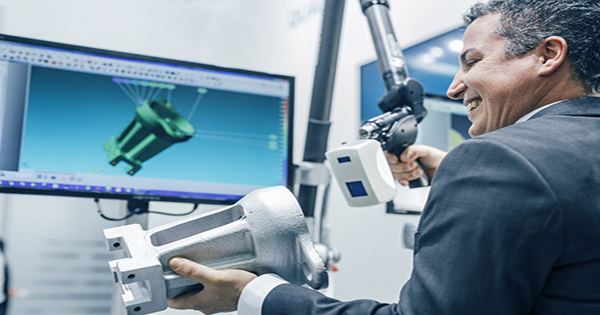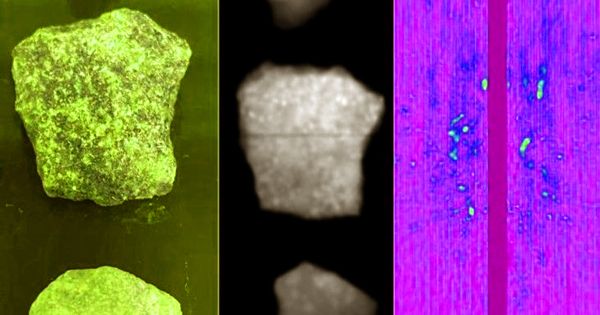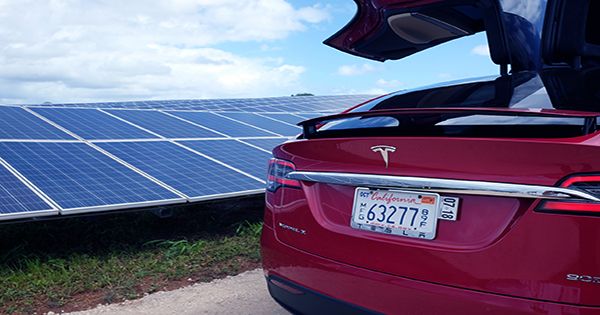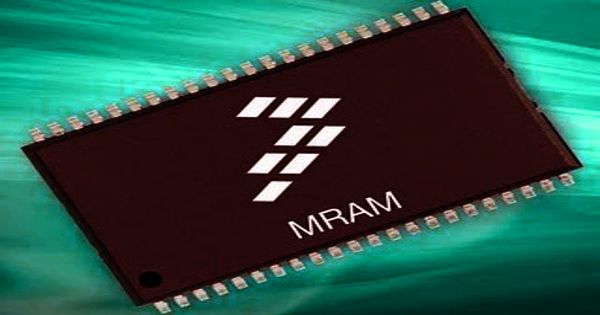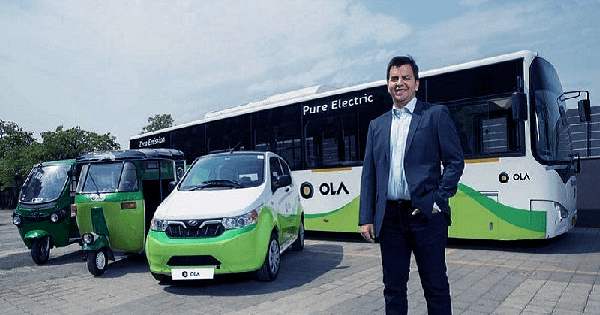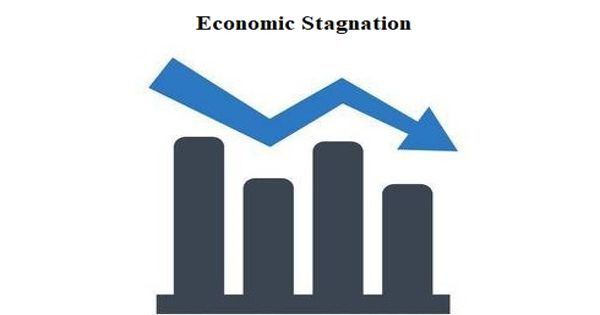Do you recall Easy Bake Ovens? You would combine some colored powder with water until dough or batter formed, then put it in a mold, drop it in the oven, and ding! This is a terrible threat. Foundry Lab, a New Zealand-based business backed by Rocket Lab’s Peter Beck, has found out how to achieve something similar, but using metals and microwave instead of chemicals and an “oven.” Foundry, which came out of stealth on Monday with an $8 million Series A round, uses “essentially a microwave on steroids” to cast metal pieces far faster than metal 3D printing, according to David Moodie, the company’s founder, and CEO.
“It’s quite simple for the user; they simply take the mold, fill it with cold metal powder or metal ingots, pop it in the microwave, push the button, and walk away,” Moodie told TechCrunch. “When it’s finished, it even dings.” It’s as simple as reheating a microwave supper.” A standard New Zealand beef pie is also cooked in Foundry’s microwave. According to Moodie, it just took a few seconds and did not taste great. Investment casting, 3D printing, and die-casting are all common casting processes that take one to six weeks to complete.
Foundry claims it was able to turn around automobile brake shoes in under eight hours utilizing molds that were 3D produced using computer-aided design (CAD) molds and a massive microwave. The company is presently experimenting with zinc and aluminum, but after some successful stainless steel experiments, it hopes to expand to additional metals such as copper and brass in the future.
While Foundry’s technology has potential applications in industries where metal 3D printing is not feasible, the company’s immediate goal is to assist car manufacturers in developing production-identical, functional metal parts that can be used for testing and prototyping before going into mass production. “One of the firms we’re talking to makes up to 600 prototype vehicles before one reaches the market, so they’ll keep altering and iterating on it, and that can become costly pretty fast,” Moodie said, adding that tooling costs may range from $50,000 to $100,000.
Before founding Foundry, Moodie managed an industrial design firm, creating goods for mass production. He was angry that patent applications were often rejected by authorities because they were created at parts created by 3D printers or CNC machines, and hence might have been created with the incorrect physical structures.
“So I did the Kiwi thing and went to the shed and lucky my way into a system that worked,” he explained, noting that much of his testing was done using regular microwaves during New Zealand’s most recent lockdown, during which Moodie couldn’t get into his workshop. “We’re attempting to solve actual castings by simulating a die casting but doing it quickly and cheaply.” It takes three to six months to get a tool back after you machine it to conduct a die casting.”
Foundry is still in its infancy. At the present, the business only has a handful of its extremely big microwaves out for trial with potential customers, but it plans to utilize the Series money, which came from Australian venture capital firm Blackbird, to get production-ready by the end of 2023. A portion of the money will be used to hire new people. The firm has grown fast in recent months, from six full-time employees when it first began fundraising to seventeen presently. With New Zealand’s severe pandemic-related border bans, the objective is to get to roughly 35 in the next months, which will be challenging.
“We’re starting to feel the effects of the border closure,” Moodie added. “There are two microwave specialists in the country, and both of them have employment.” That has been very challenging. So we’re hoping someone will come over and assist us.” Auckland was released from lockdown this week, and the city’s borders opened to the rest of the country in mid-December. Unless the new omicron variety causes delays, the government is anticipated to begin welcoming vaccinated tourists back on April 30, 2022, allowing Foundry and other New Zealand businesses the opportunity to employ international talent. Despite the fact that Foundry is based in New Zealand, it is aiming for markets in the United States and Europe. The long game for the corporation is to keep working on the microwaves until they can create the amounts required for mass manufacturing.
